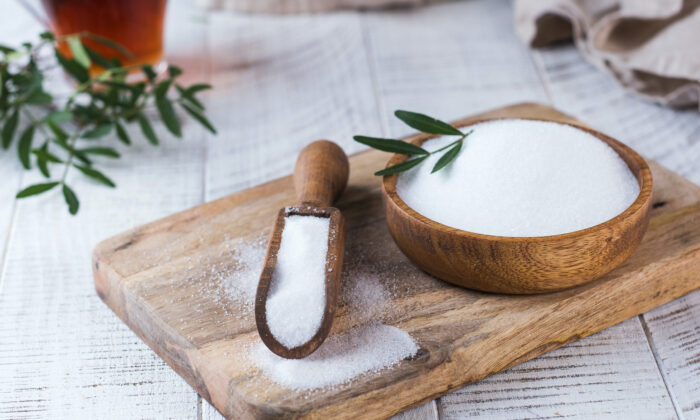Erythritol is a popular choice for those looking to cut down on sugar without losing flavor, but its health effects are often debated. New Cleveland Clinic research reveals a concerning finding: Erythritol makes platelets—blood cells involved in clotting—more active, leading them to react more strongly and increasing the risk of blood clots, heart attack, and stroke. Cleveland Clinic researchers say this discovery, part of a series exploring the physiological effects of common sugar substitutes, may prompt a reassessment of how we use this sweetener.
The new human intervention study, published in Arteriosclerosis, Thrombosis and Vascular Biology, was designed to closely monitor how erythritol ingestion affects platelets at a dose typically contained “in commercial products,” such as an erythritol-sweetened soda or muffin, explained Hazen. In 20 healthy volunteers—nonsmokers with no cardiovascular disease, high blood pressure, or diabetes—blood samples were taken after an overnight fast. Participants then consumed a solution with either 30 grams of glucose or erythritol.

Blood samples taken 30 minutes later showed that erythritol levels increased over 1,000 times in those who ingested erythritol. Results also “revealed participants showed a significant increase in the susceptibility for blood clot formation after consuming erythritol,” according to Hazen. “In stark contrast, no change was observed in participants after consuming a comparable amount of glucose.
A significant new finding in these studies was the direct comparison of results with sugar (glucose), which did not have this effect.” Hazen explained that erythritol makes platelets more responsive, meaning they become more reactive and prone to forming clots. Consequently, even a minor trigger can cause a more robust activation of platelets, increasing the likelihood of blood clots.
This heightened responsiveness can lead to excessive clotting. Like erythritol, Hazen noted in the email, “the investigations with xylitol also included large-scale clinical observation studies showing that elevation in plasma xylitol levels is associated with increased risk for heart attack, stroke or death over three years of follow-up.” He added that future research will “explore how broadly the pro-thrombotic effect is in alternative sugar substitutes.
Including both alternative sugar alcohols and common artificial sweeteners.”.



















